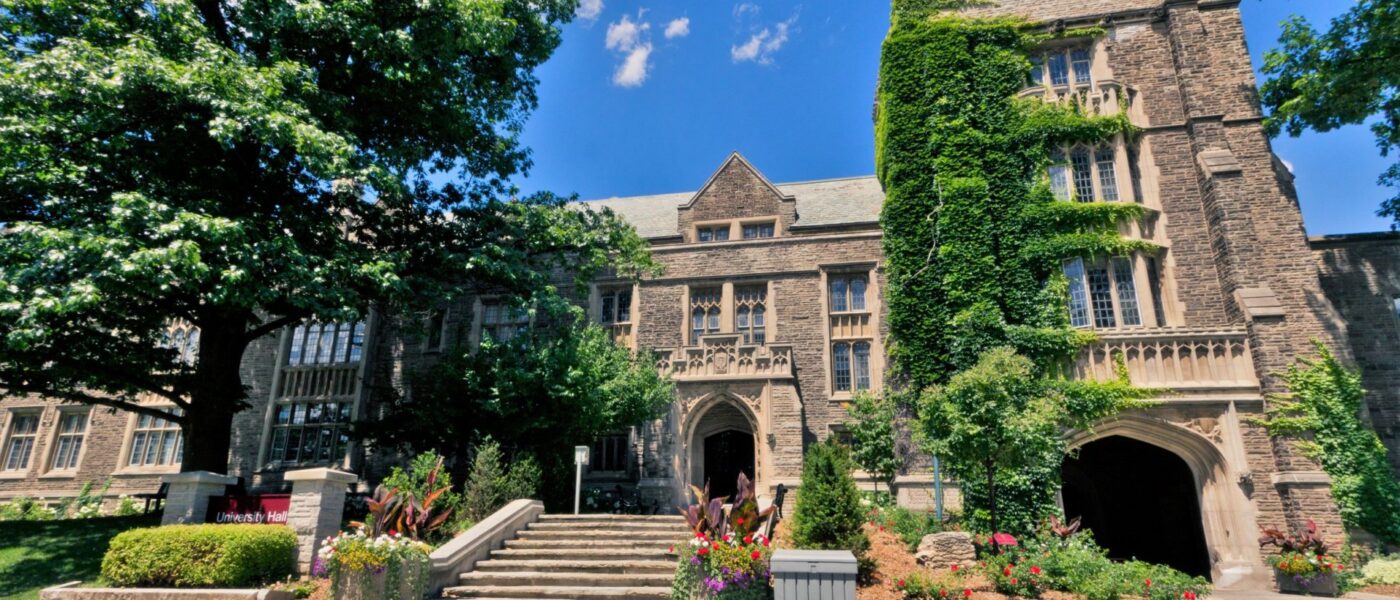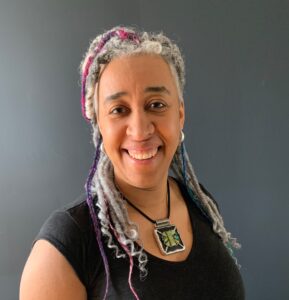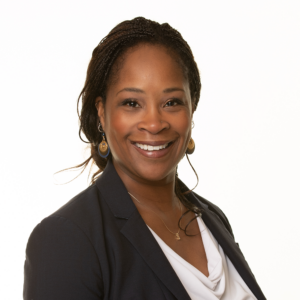Equity, Diversity, & Inclusion
Welcome to the McMaster UGME Diversity & Inclusion webpage. We aim to contribute to making the McMaster UGME community a welcoming and supportive place where all students can thrive. We are also a resource for aspiring physicians to explore support for their medical school journey.
CO-CHAIRS, DIVERSITY AND INCLUSION
This role is to facilitate the program’s work in:
- Recruiting students, faculty, and staff that reflect the diversity of our society
- Encouraging diversity throughout the admissions process aligned with the MD program’s social accountability mission
- Maintaining an environment of equity and respect where everyone can work and learn free of discrimination
- Assure that our curriculum prepares our graduates to meet the needs of the diverse communities they will serve in their careers
The Chair will work closely with the Chair of Indigenous Health, a faculty lead with similar priorities and a focus on Indigenous health and Indigenous students.
The work in this area is supported by McMaster University’s commitment to principles and programs for equity and diversity as well the MD program’s mission, social accountability, and strategic plan.
Dr. Johnson will be offering drop-in times for students. If you are a McMaster medical student seeking an appointment please see below for Dr. Natasha Johnson’s availability:
- Tuesday afternoons (in-person appointments) 2:00 – 2:25 pm and 3:00 – 3:25 PM
- Friday mornings (virtual appointments) 11:30 – 11:55 am
To request an appointment, please contact: macmeddiversity@mcmaster.ca
If this is an urgent matter, please feel free to contact Patricia Drochner (MD Admissions) for immediate assistance: drochn@mcmaster.ca
What is Equity, Diversity & Inclusion in Medicine, and Medical Education?
Diversity is defined as the array of human characteristics that shape our experience, including, but not limited to race, ethnicity, gender, culture, socioeconomic status, geographic origin, sexual orientation, disability status, language, etc.[i] [ii] At the level of individuals, identities intersect to create unique human beings, with unique experiences, resources, etc.[iii] The diversity of the Canadian population is and will continue to be reflected in the diversity of the patients and communities among which physicians work.[iv]
Inclusion refers to the creation of an environment where everyone feels welcome and respected (i.e., creating the conditions in which everyone has the opportunity to fully participate in the University and everyone’s talents are valued and celebrated). And equity is the fair and respectful treatment of all people and involves the creation of opportunities and the reduction of disparities in opportunities and outcomes for diverse communities. It’s also acknowledged that these disparities are rooted in historical and contemporary injustices and disadvantages.
Medical education is considered an important way in which diversity-sensitive practices can be integrated into the healthcare system.[v] Thus, attention to diversity issues is an important component of undergraduate medical training that aims to create culturally and socially competent physicians who can provide care to patients and communities of different backgrounds. The importance of diversity is recognized in CanMEDS, which specifies respect for diversity as part of the Professional role, and states under the role of Communicator that physicians should “facilitate discussions with patients and their families in a way that is respectful, non-judgmental, and culturally safe.”[vi] [vii]
For information on diversity within Canadian medical schools, please review this article on diversity in medical schools.
We invite you to review McMaster UGME’s Mission and Social Accountability statement as well as the aims and works of the McMaster University President’s Advisory Committee on Building an Inclusive Community (PACBIC) http://pacbic.mcmaster.ca.
If you are an Aspiring Physician, here are some programs/initiatives/resources that you might be interested in (not an exhaustive list):
- Price of a dream https://www.priceofadream.com/
- Facilitated indigenous admissions program (FIAP)
- Black applicant equity stream
- Pending information: Outreach offered by the McMaster UGME student-led social justice interest group
- Equity and Inclusion Office – McMaster University
- Black Centre for Student Success
- Indigenous Health Learning Lodge
- UGME Indigenous Health Page
- McMaster Mistreatment Policy and response pathways
- UGME Student EDI Committee:
- The student EDI committee includes representation from student chairs of EDI-related Interest Groups, as well as any students who express interest in joining the committee and working towards common EDI goals. The committee discusses EDI issues in relation to the medical school and supports EDI initiatives for the medical school. For example, currently, a few members of the EDI committee are involved in a project working to include more social medicine learning in tutorial cases.
- Pending information: UGME Student Diversity Survey
References
For information, review this article on diversity within Canadian medical schools.
[i] Walji M. Diversity in medical education: data drought and socioeconomic barriers. CMAJ 2015; 187(1): 11.
[ii] de Dios M, Kuo C, Hernandez L, Clark US, Wenze SJ, Boisseau CL. The development of a diversity mentoring program for faculty and trainees: A program at the Brown Clinical Psychology Training Consortium. Behav Ther (N Y N Y) 2013; 36(5): 121–126.
[iii] Sorensen J, Norredam M, Dogra N, Essink-Bot M-L, Suurmond,J, Krasnik A. Enhancing cultural competence in medical education. Int J Med Educ 2017; 8: 28–30.
[iv] Medical Council of Canada. Health of Special Populations – 78-7. Available from https://mcc.ca/objectives/expert/key/78-7/
[v] Muntinga ME, Krajenbrink VQ, Peerdeman SM, Croiset G, Verdonk P. Toward diversity-responsive medical education: taking an intersectionality-based approach to a curriculum evaluation. Adv Health Sci Educ Theory Pract 2016; 21: 541–559.
[vi] RCPSC. CanMEDS role: Professional. Available from http://www.royalcollege.ca/rcsite/canmeds/framework/canmeds-role-professional-e
[vii] RCPSC. CanMEDS role: Communicator. Available from http://www.royalcollege.ca/rcsite/canmeds/framework/canmeds-role-communicator-e



